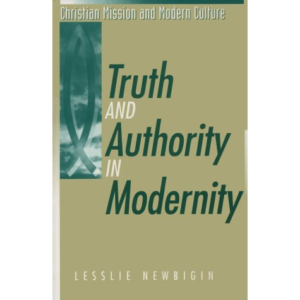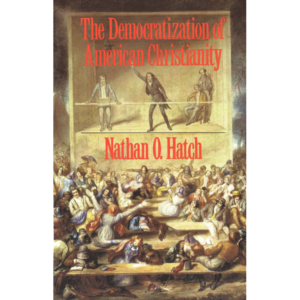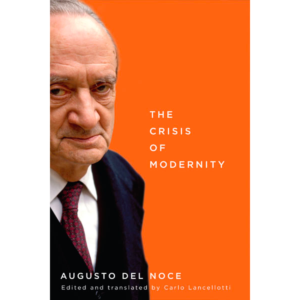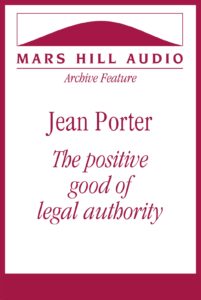
Antagonism or fruitfulness?
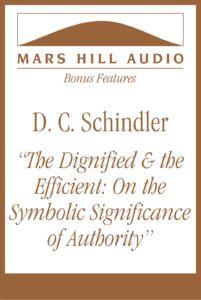
Governments officially committed to ignorance
In this lecture, D. C. Schindler explains why authority, properly understood, is essential to genuinely human life. (39 minutes)
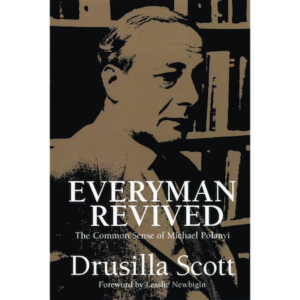
Excluding cranks and dabblers
Drusilla Scott on Michael Polanyi’s insistence that the “community of science” required authority

Steward of knowledge vs. autonomous knower
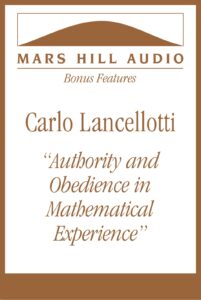
Submission to mathematical truth
In this lecture, Carlo Lancellotti argues that integration of the moral, cognitive, and aesthetic aspects of mathematics is needed in a robust liberal arts mathematics curriculum. (25 minutes)
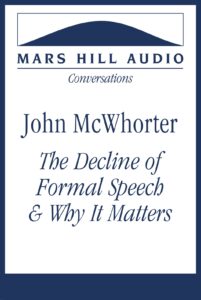
The Decline of Formal Speech and Why It Matters
John McWhorter examines the reasons behind the decline in articulate speech and writing in the late 20th century, and the implications of this change across many areas of culture. (55 minutes)
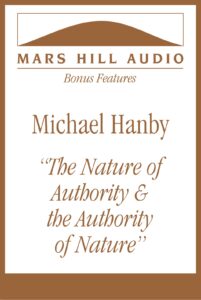
The recovery of true authority for societal flourishing
Michael Hanby addresses a confusion at the heart of our current cultural crisis: a conflation of the concepts of authority and power. (52 minutes)

When is civil disobedience necessary?
Douglas Farrow examines the relation between “the kings of the earth” and the law of Christ, particularly when governmental law is exercised without reference to natural or divine law. (49 minutes)
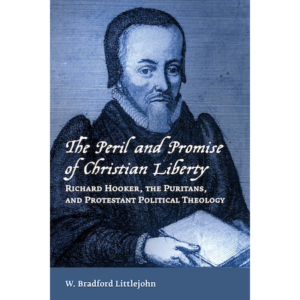
Freedom as conformity to reality
W. Bradford Littlejohn summarizes the definitions of liberty offered by Richard Bauckham and Oliver O’Donovan
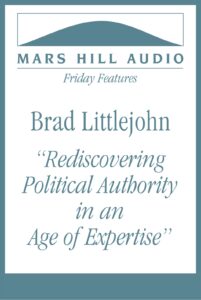
Renewal of authentic political authority
Brad Littlejohn builds a case for the idea that authority makes free action possible, illustrating how that occurs within the forms of political and epistemic authority, properly understood and wisely practiced. (45 minutes)
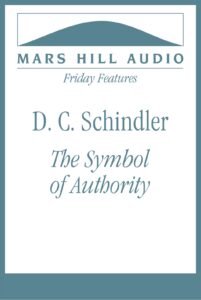
The Symbol of Authority
In the second of two lectures given by D. C. Schindler, he explores the nature of authority with reference to the transcendental dance of Truth, Goodness, and Beauty. (60 minutes)
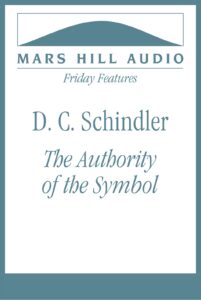
The Authority of the Symbol
In this lecture presented at the CiRCE Institute national conference, D. C. Schindler presents a metaphysical description of what symbols are. (54 Minutes)
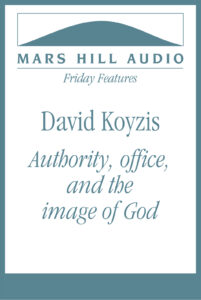
Rehabilitating authority
Authority, argues David Koyzis, is an aspect of the image of God, exercised to fulfill human vocations. (30 minutes)
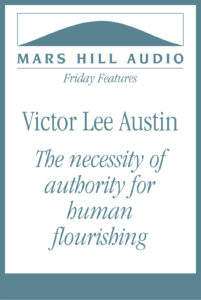
Common good(s) and authority
Victor Lee Austin describes the ways in which human action is free and flourishing when authority is active and honored. (26 minutes)
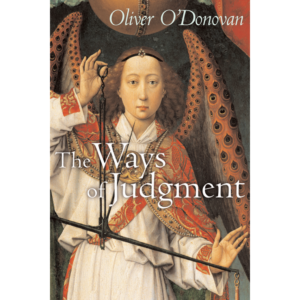
Politics in light of the Ascension
Oliver O’Donovan on the necessity of situating all political authority within redemptive history
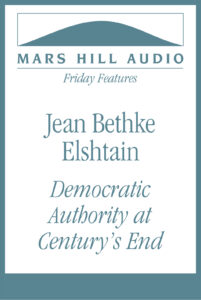
Democratic Authority at Century’s End
Jean Bethke Elshtain summarizes mid-twentieth-century concerns of Hannah Arendt (1906–1975) about the growing suspicion about the very idea of authority. (41 minutes)
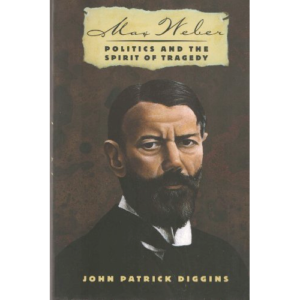
The problem of authority is the problem of unbelief
John Patrick Diggins on Max Weber’s struggle to imagine social order without authority
